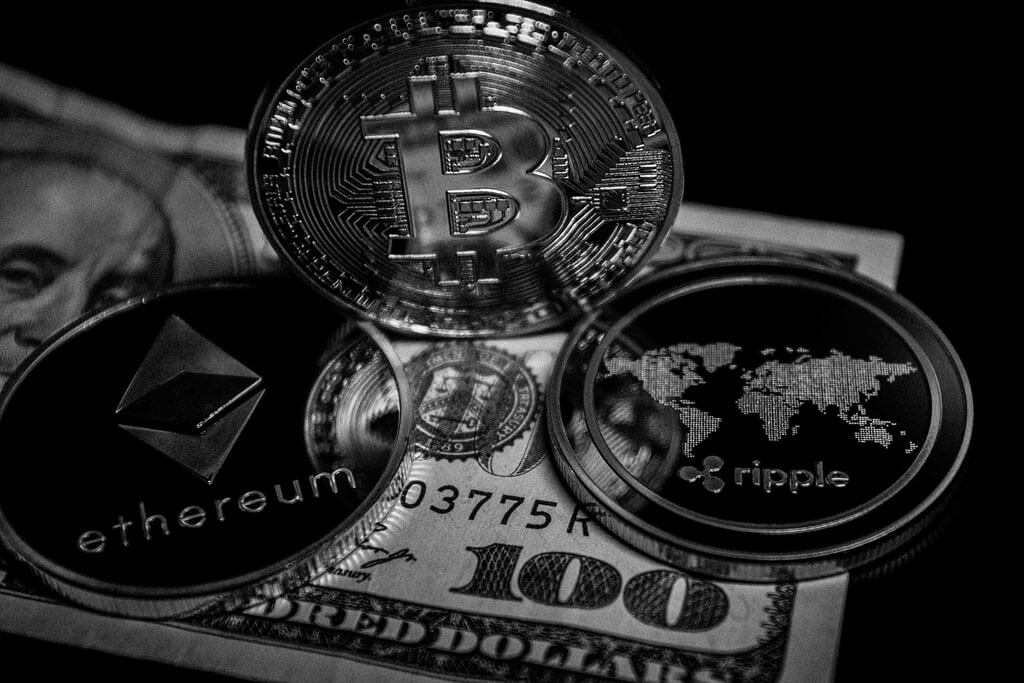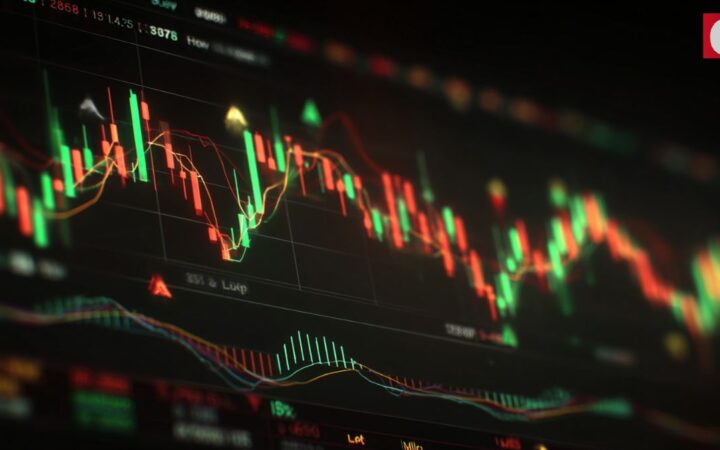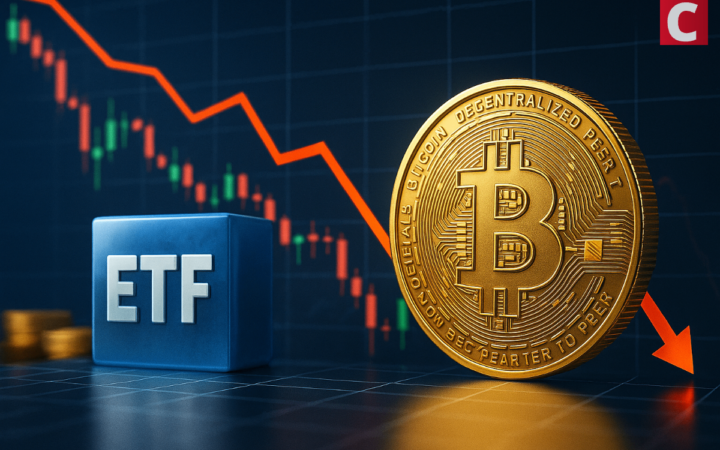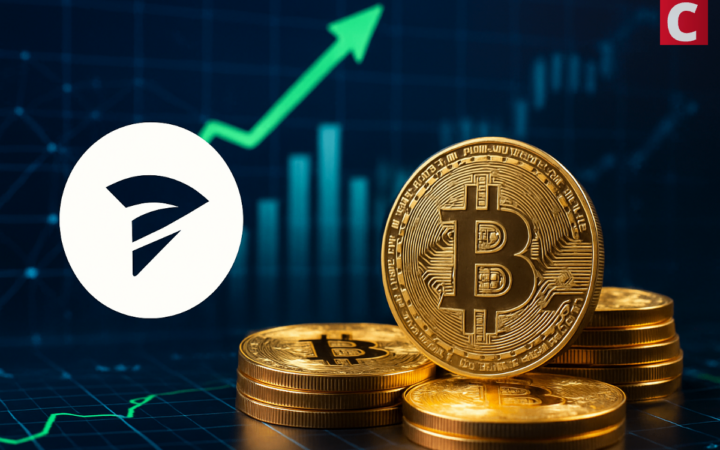
Darya is a crypto enthusiast who strongly believes in the future of blockchain. Being a hospitality professional, she is interested in finding the ways blockchain can change different industries and bring our life to a different level.
Bob Fitzsimmons, expert in the sphere of futures, managing director and head of Wedbush Futures, shares his perspective on Bitcoin futures and digital-market potential.

Bitcoin futures made their first appearance more than two months ago. It was Cboe Global Markets Inc., who introduced Bitcoin futures in December being followed by CME Group Inc. Now, two months later, acceptance of Bitcoin futures is growing.
Bob Fitzsimmons, managing director and head of Wedbush Futures, who spent decades in the trading pits focusing on traditional futures and options products, has a positive outlook for the digital-currency market. “Clients are asking, ‘when is Litecoin, when is Ripple,” Fitzsimmons said.
According to the data from Bloomberg, recently Cboe Global Markets Inc. finished upgrading the technology at its futures exchange. Cboe announced successful migration of Cboe Futures Exchange to proprietary technology platform.
Relying on Fitzsimmons’ prediction, the next step is new coins being rolled out on the CME Group Inc. and Cboe Global Markets Inc. platforms, and possibly exchanges becoming linked to physical delivery of digital assets, rather than cash-settled trading.
Success of futures trading on commodities platforms was not approved by skeptics. Cboe cash-settled bitcoin futures market created a number of anomalies and concerns, as Bitcoin futures are very volatile assets.
“The launch reminds me of the U.S. Treasury market in the 1970s,” Fitzsimmons said. “Interest rates were falling and the pits were a frenzy.”
Such questions as “How can a futures market track an underlying asset that trades on multiple exchanges?” and “How can a regulated futures market reflect an unregulated market?” were of prime concern.
In the early stages of bitcoin futures platforms, eliminating or minimizing the arbitrage, as well as difference between prices of bitcoin on the CME, Cboe, and at other digital-currency exchanges was important. But now, according to Fitzsimmons, there are signs that Wall Street’s current dalliance in cryptos futures is more than just fleeting.
Fitzsimmons also highlights the number of tech-savvy Ph.D. graduates from the likes of the Massachusetts Institute of Technology that enter the digital-asset industry, which points to its upbeat prospects.
Referring to the old profile of futures traders, Fitzsimmons said: “Back then [1985] the prototypical floor guy was an Ivy League athlete. Today it’s a quant guy with his own algorithm that can beat the market.”
On February 27,there were 5,338 open contracts on the Cboe exchange with total daily volume of 3,010 contracts. Each contract is worth one bitcoin, while on the CME exchange one contract is equal to five digital coins.
Bitcoin futures gain popularity, so regulations on their trading are essential. However, not all of them take a positive view towards such contracts. The Commodity Futures Trading Commission, the U.S.’s main commodities regulator, began overseeing Bitcoin futures and a week later allowed its employees to invest in cryptocurrencies, according to Bloomberg. But investing in the Bitcoin futures is barred.
In 2014, the CFTC declared that the digital currency was a commodity subject to the agency’s oversight. That supervision mainly consists of enforcement actions to halt alleged frauds. Currently, much of the trading for coins takes place on lightly regulated exchanges or in foreign countries where the commission has little reach.

Darya is a crypto enthusiast who strongly believes in the future of blockchain. Being a hospitality professional, she is interested in finding the ways blockchain can change different industries and bring our life to a different level.




